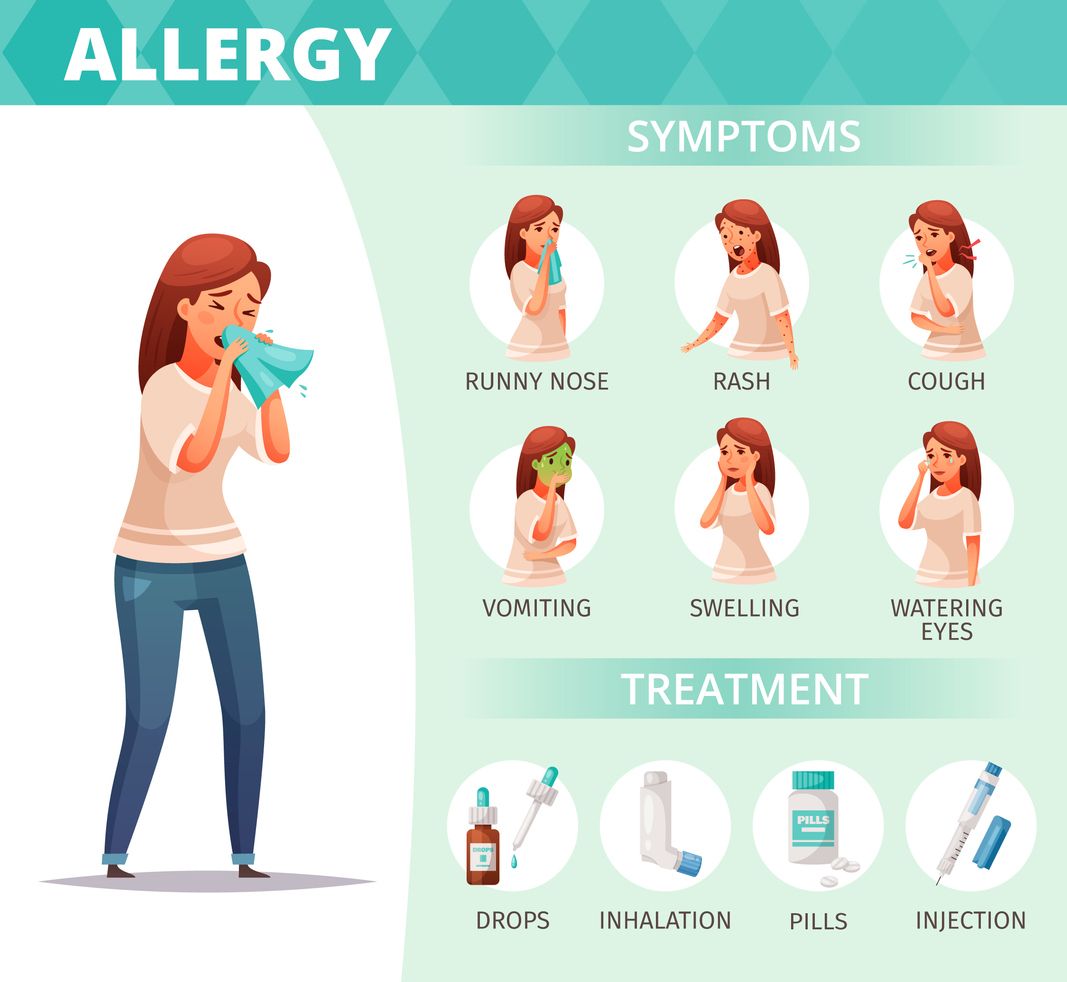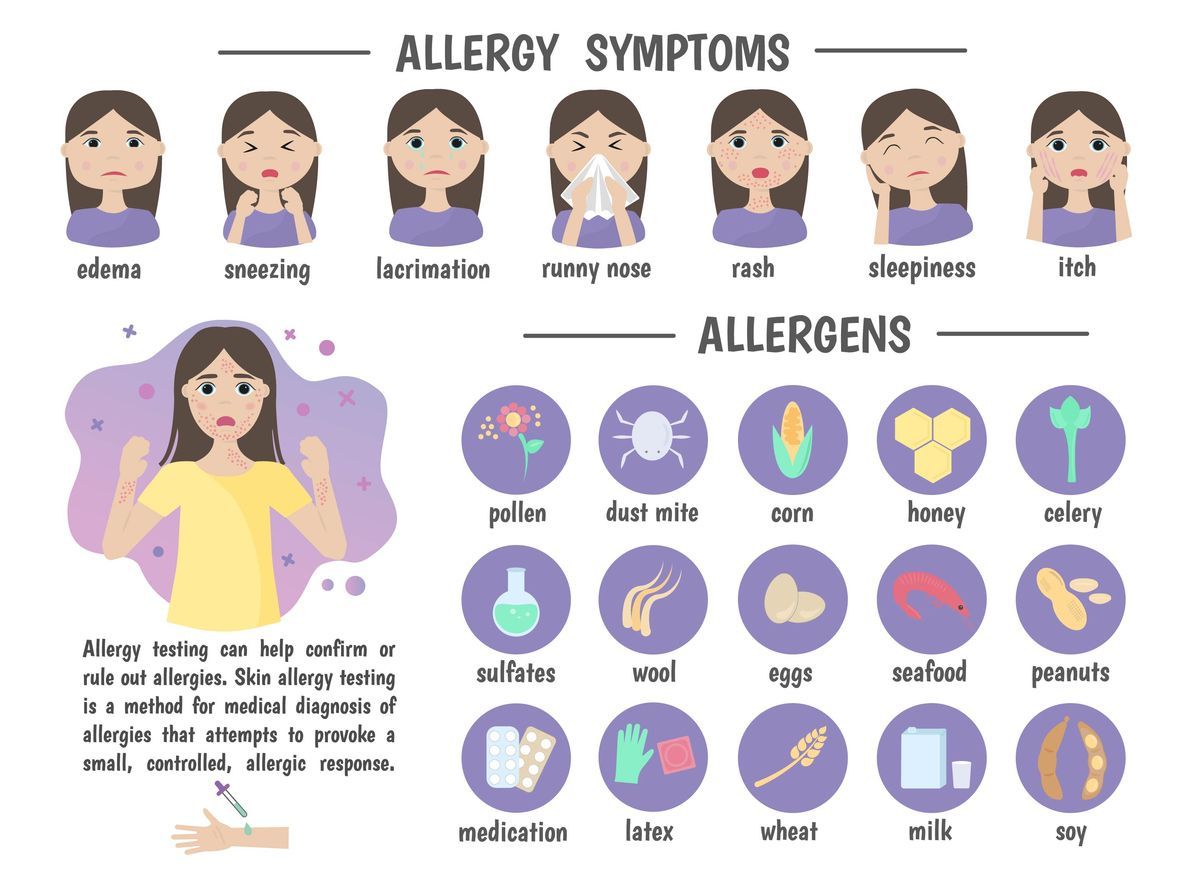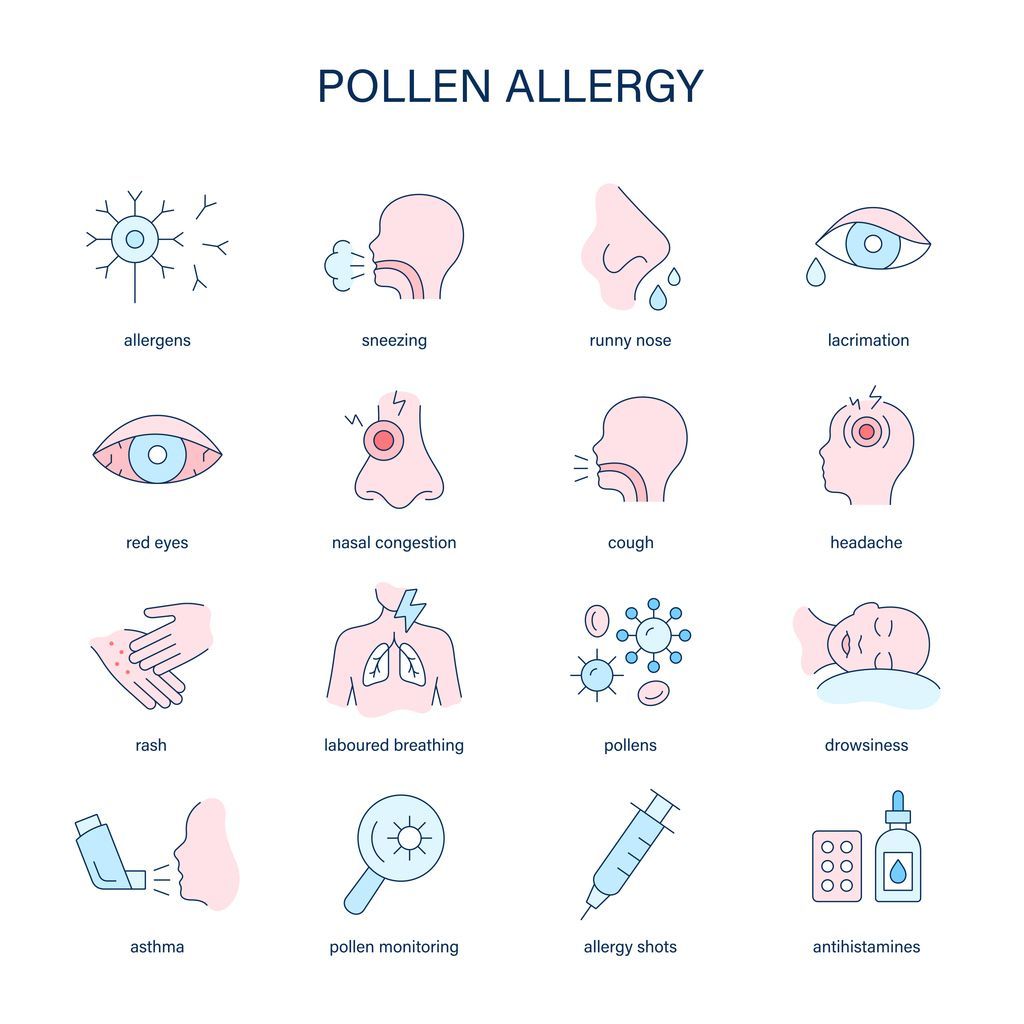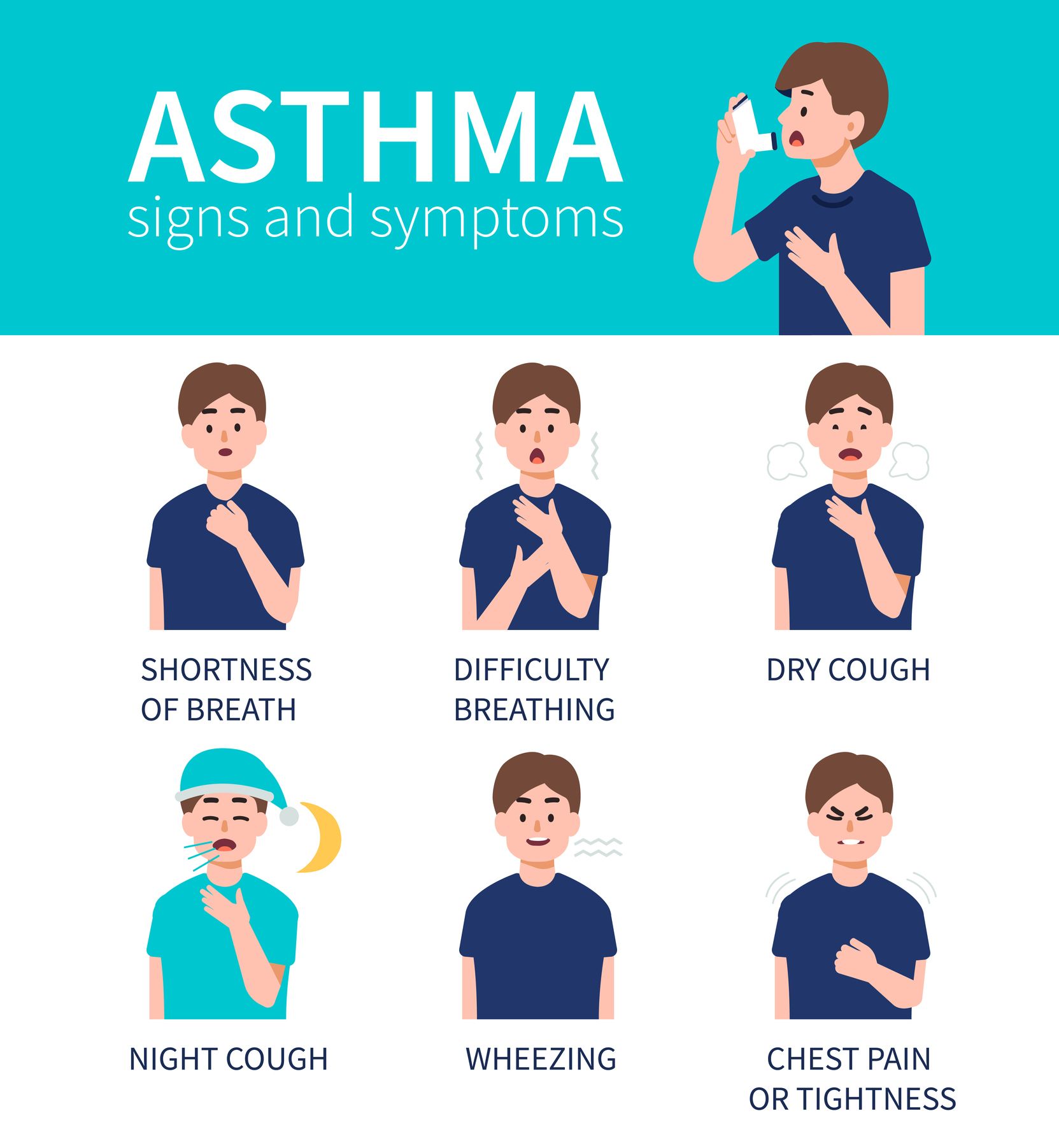Winter Indoor Allergens: How Iowa Allergy Can Help You Breathe Easier

When the cold winter months roll in, many of us retreat indoors to escape the harsh weather. But while we might be cozy inside, winter also brings its own set of challenges for allergy sufferers. From the dry air to the increased use of heating systems, your indoor environment could become a hotbed for allergens. Understanding these winter-specific allergens and how to manage them is crucial for maintaining your health and comfort throughout the season. In this blog, we’ll explore common indoor winter allergens and how Iowa Allergy can help you manage your symptoms for a more comfortable, sneeze-free season.
The Hidden Dangers of Winter Indoor Allergens
While outdoor allergens like pollen take a break during the winter, indoor allergens can become even more problematic. Here are some of the most common indoor allergens you'll encounter during the colder months:
1. Furnace Dust
The heating systems we rely on to stay warm in winter can stir up a significant amount of dust. When you turn on your furnace, it pushes heated air through ducts, which can send long-dormant dust and debris floating through your home. This dust may contain dust mites, pet dander, mold spores, and other irritants that exacerbate allergies.
What You Can Do:
To minimize furnace-related allergens, replace or clean your furnace filters regularly, ideally every 1-3 months, depending on the type of filter you use. Consider investing in a high-efficiency particulate air (HEPA) filter for better air quality. You can also use a humidifier to prevent overly dry air, which can make allergens more irritating to your respiratory system.
2. Fireplaces and Wood Stoves
While a crackling fire can bring warmth and a cozy ambiance to your home, fireplaces and wood stoves also contribute to indoor air pollution. Burning wood releases particulate matter, smoke, and other irritants that can worsen respiratory allergies and trigger asthma attacks. Even if you use a gas fireplace, it can still release carbon dioxide, carbon monoxide, and other chemicals into your indoor environment.
What You Can Do:
Ensure your fireplace or wood stove is properly vented to the outside to reduce indoor pollution. If you’re using a gas fireplace, have it inspected regularly for leaks. Opt for electric or gel fireplaces as a cleaner alternative, and make sure to keep the area around your fireplace clean to avoid the buildup of soot and dust.
3. Mold and Mildew
Winter tends to bring more moisture indoors, especially if your windows are closed and the air is not circulating well. This moisture, coupled with the warmth of your furnace, can create ideal conditions for mold and mildew growth, particularly in damp areas like basements, bathrooms, or kitchens.
What You Can Do:
Keep humidity levels in your home between 30-50% using a dehumidifier to prevent mold growth. Regularly inspect areas prone to moisture accumulation and promptly address any leaks or water damage. Ensure proper ventilation in kitchens and bathrooms to minimize humidity.
4. Pet Dander
During the winter months, pets spend more time indoors, and as a result, their dander (tiny flakes of skin) accumulates more quickly. This can be particularly troublesome for people with asthma or pet allergies.
What You Can Do:
Regularly bathe and groom pets to reduce dander buildup, and consider using HEPA filters in air purifiers to trap allergens. Keep pets out of bedrooms and clean upholstery and carpets frequently. Using a vacuum with a HEPA filter can help reduce the buildup of pet hair and dander around your home.
5. Dust Mites
Dust mites thrive in warm, humid conditions, and winter’s combination of closed windows, heated air, and increased indoor activity creates the perfect environment for these microscopic pests. They particularly love bedding, upholstery, and carpets, making them a significant cause of winter allergy flare-ups.
What You Can Do:
Wash bedding, blankets, and pillows in hot water once a week to kill dust mites. Use allergen-proof covers for pillows and mattresses, and consider replacing carpets with hard flooring if dust mite allergies are severe. You can also vacuum regularly and use a vacuum equipped with a HEPA filter.
How Iowa Allergy Can Help
Living in Iowa means enduring cold, dry winters, and for many people, dealing with the challenges of indoor allergens can make the season even more difficult. Fortunately, Iowa Allergy is here to help. Here's how our team of specialists can support you in managing winter indoor allergens:
1. Allergy Testing and Diagnosis
If you’re unsure which allergens are causing your symptoms, Iowa Allergy offers comprehensive allergy testing. Our team can identify specific indoor allergens like dust mites, pet dander, or mold and tailor a treatment plan suited to your needs. This will give you a clear understanding of what triggers your symptoms and how to manage them effectively.
2. Personalized Treatment Plans
Once your allergens have been identified, we work with you to develop a personalized treatment plan. This may include prescription medications like antihistamines, nasal sprays, or allergy shots (immunotherapy). Allergy shots can help you build immunity to specific allergens over time, offering long-term relief from your symptoms.
3. Asthma Management
If your winter allergies are affecting your asthma, our team can help you manage your symptoms with targeted asthma treatments. Whether you need a quick-relief inhaler or a long-term control medication, we can work with you to ensure you’re breathing easy all winter long.
4. Education and Lifestyle Tips
We believe that educating our patients is key to successful allergy management. Iowa Allergy provides helpful advice on managing indoor allergens, including tips for cleaning, using air purifiers, and reducing allergen exposure in your home. We’ll help you create a healthier environment to make your winter more comfortable.
Winter may bring the promise of cozy nights by the fire and warm indoor spaces, but it also brings a unique set of challenges for allergy sufferers. By understanding the common indoor allergens of the season and taking steps to reduce exposure, you can significantly improve your comfort. And with the help of Iowa Allergy, managing your symptoms becomes easier with personalized care, testing, and treatments that target your specific needs.
If you’re struggling with winter allergies, don’t wait until symptoms get worse. Contact Iowa Allergy today and start breathing easier this winter season. Stay warm, stay comfortable, and most importantly, stay allergy-free!










